Anxiety
Anxiety is a common mental health condition. In fact, over 33% of people will experience an anxiety disorder during their lifetime.
Anxiety disorders include generalized anxiety disorder (GAD), panic disorder with or without agoraphobia, social anxiety disorder (SAD), specific phobias, and separation anxiety disorder.
Treatment often involves psychological therapies, such as cognitive behavior therapy or medication .
However, research suggests that dietary changes, including taking certain vitamins, minerals, and other supplements, may also be helpful for people with anxiety disorders.
Supplements that May Help
Magnesium
Is an essential mineral that plays an important role in the body’s stress response.
Additionally, research suggests that magnesium supplements may be beneficial for people with anxiety and are generally safe and well tolerated.
A2017 study of 112 people with depression found that taking 248 milligrams (mg) of elemental magnesium supplements daily for 6 weeks significantly improved symptoms of depression and anxiety, compared with a control group
Recommended: Now Magnesium
Vitamin D 5000
Many people are deficient in or have suboptimal levels of vitamin D, a fat-soluble nutrient that’s essential for brain function and mood regulation
Studies show that vitamin D inadequacy or deficiency is particularly common in people with mental health conditions, including anxiety disorders.
Furthermore, research suggests that taking high doses of vitamin D may be effective in reducing the severity of anxiety symptoms in people with anxiety disorders, including those with GAD.
A 2020 study in 106 people with depression found that treatment with 1,600 IU of vitamin D per day for 6 months led to significant improvements in anxiety symptoms, compared with a control group.
Recommended: Now Vitamin D 5000 ui
Omega-3 fats
Provide powerful anti-inflammatory effects and may be beneficial for people with anxiety.
A 2018 review of 19 studies found that treatment with omega-3 fatty acids significantly improved anxiety symptoms, compared with control groups.
Recommended: Now Omegas
Vitamin C
Vitamin C is a nutrient that functions as a powerful antioxidant in the body, and researchers suggest that vitamin C may help combat damage caused by oxidative stress in people with neuropsychological disorders, including anxiety.
Furthermore, several studies have demonstrated benefits of vitamin C supplements in people with anxiety.
Vitamin C supplements have also been shown to be effective in reducing anxiety symptoms in women and in adults with diabete
Recommended: Now Vitamin C
Curcumin
Is a polyphenol compound found in turmeric that’s been shown to have powerful antioxidant and anti-inflammatory properties and may have antidepressant and anti-anxiety properties as well.
A 2017 study in 123 people with major depressive disorder demonstrated that those who received 500–1,000 mg of curcumin or 500 mg of curcumin combined with 30 mg of saffron per day for 12 weeks had greater improvements in anxiety symptoms than those who took a placebo..
Curcumin has also been shown to reduce anxiety in people with diabetes and in people with obesity and depression.
Recommended: Now Curcumin
Multivitamins
Research suggests that multivitamin supplements may help improve anxiety symptoms.
For example, one study found that taking a multivitamin containing B vitamins, vitamin C, calcium, magnesium, and zinc for 30 days led to a significant decrease in anxiety symptoms in young adults, compared with a placebo.
Additionally, an older review of 8 studies found that treatment with multivitamin and multimineral supplements for at least 28 days reduced levels of perceived stress and anxiety in healthy people .
The review also found that supplements containing high-dose B vitamins may be more effective than those containing low doses of B vitamins.
Recommended: Multivitamins
Ashwagandha
(Withania somnifera) is an herb used in Ayurveda, a form of alternative medicine with roots in India. It’s an adaptogenic herb with a long history of use as a treatment for anxiety. Many of the active compounds in ashwagandha have been shown to have anti-stress, anti-inflammatory, and antioxidant properties.
A recent small study found that healthy adults taking 600 mg of ashwagandha daily for 8 weeks had significantly reduced cortisol (stress hormone) levels, perceived stress scores, and reduced anxiety levels, compared with those taking the placebo or a lower dose.
Recommended: Goli Ashwagandha
Note: This does not constitute medical advice, always consult your GP if you are concerned about your health.
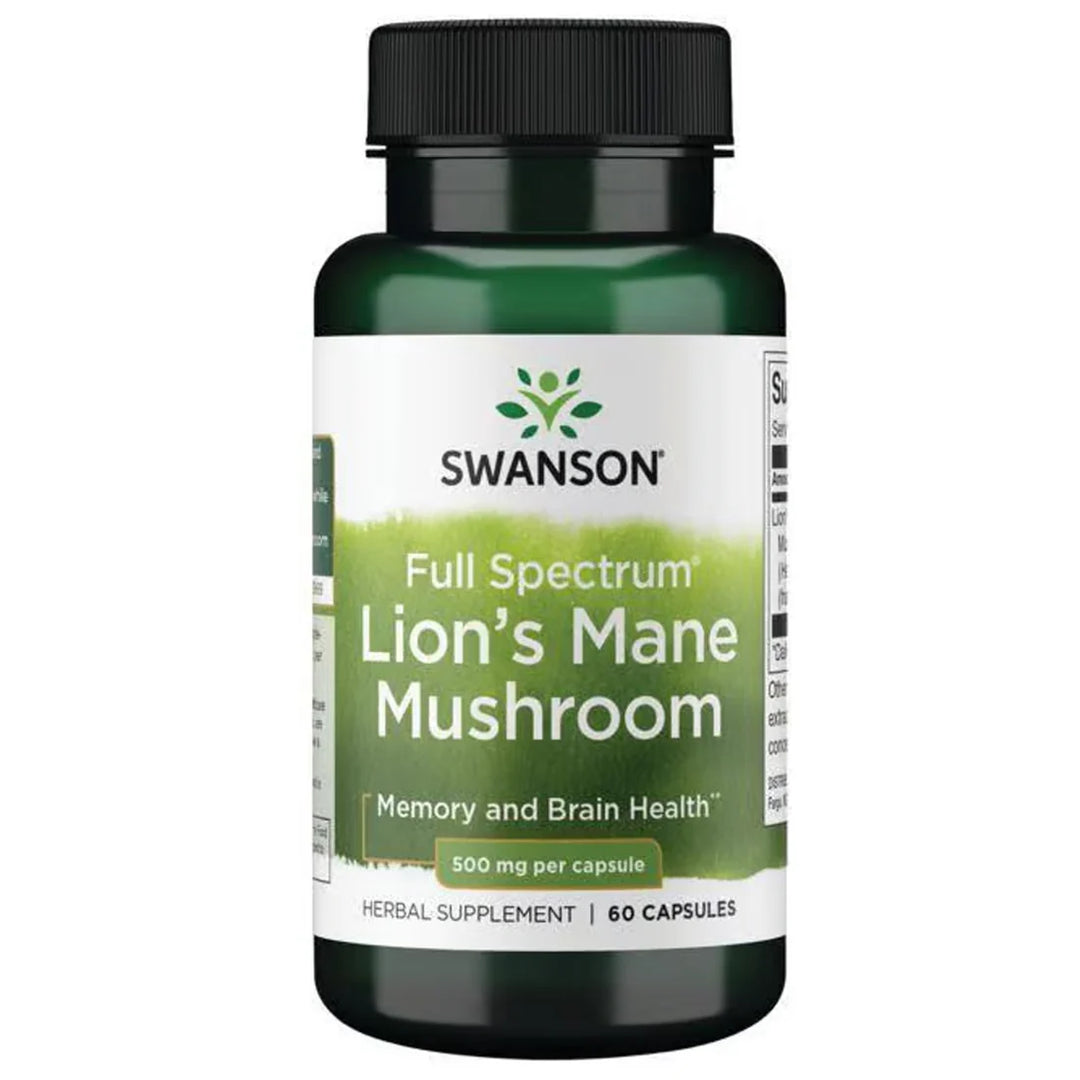
Swanson Lion’s Mane Mushroom 500mg – 60 Capsules
€ 16.95 EUR
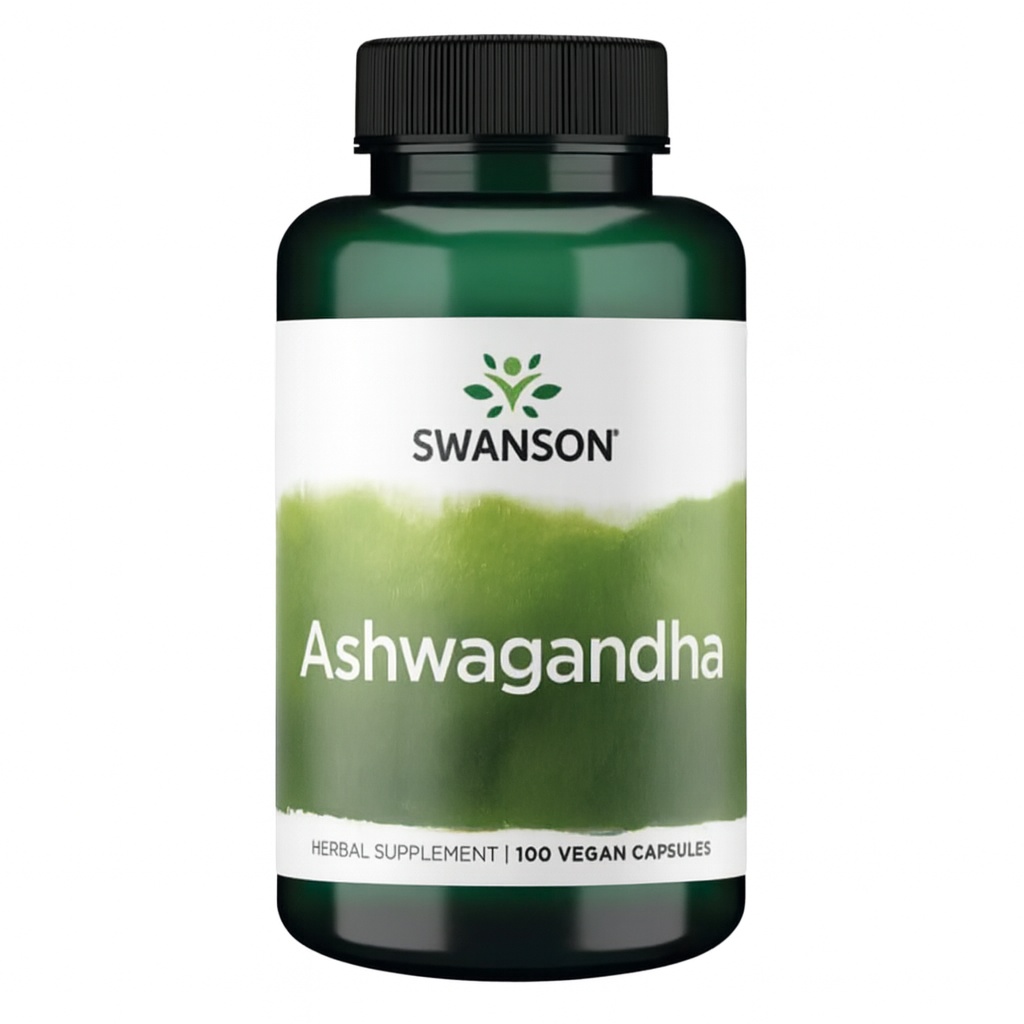
Swanson Ashwagandha 450mg - 100 Caps
€ 15.95 EUR
Regular price
€ 17.95 EUR
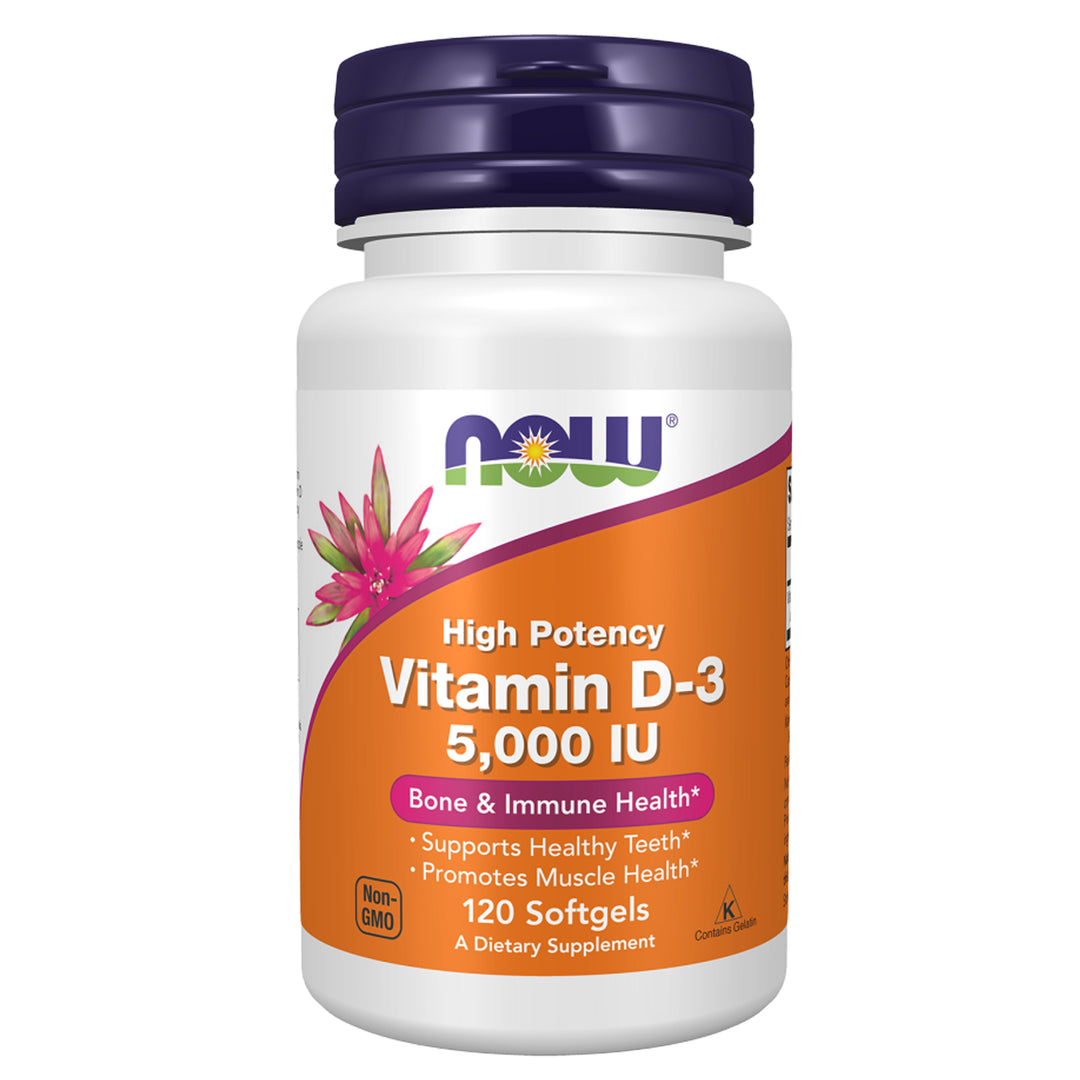
NOW Foods Vitamin D3 5,000 IU – High Potency 120/240 Softgels
From
€ 15.95 EUR
Regular price
€ 16.95 EUR
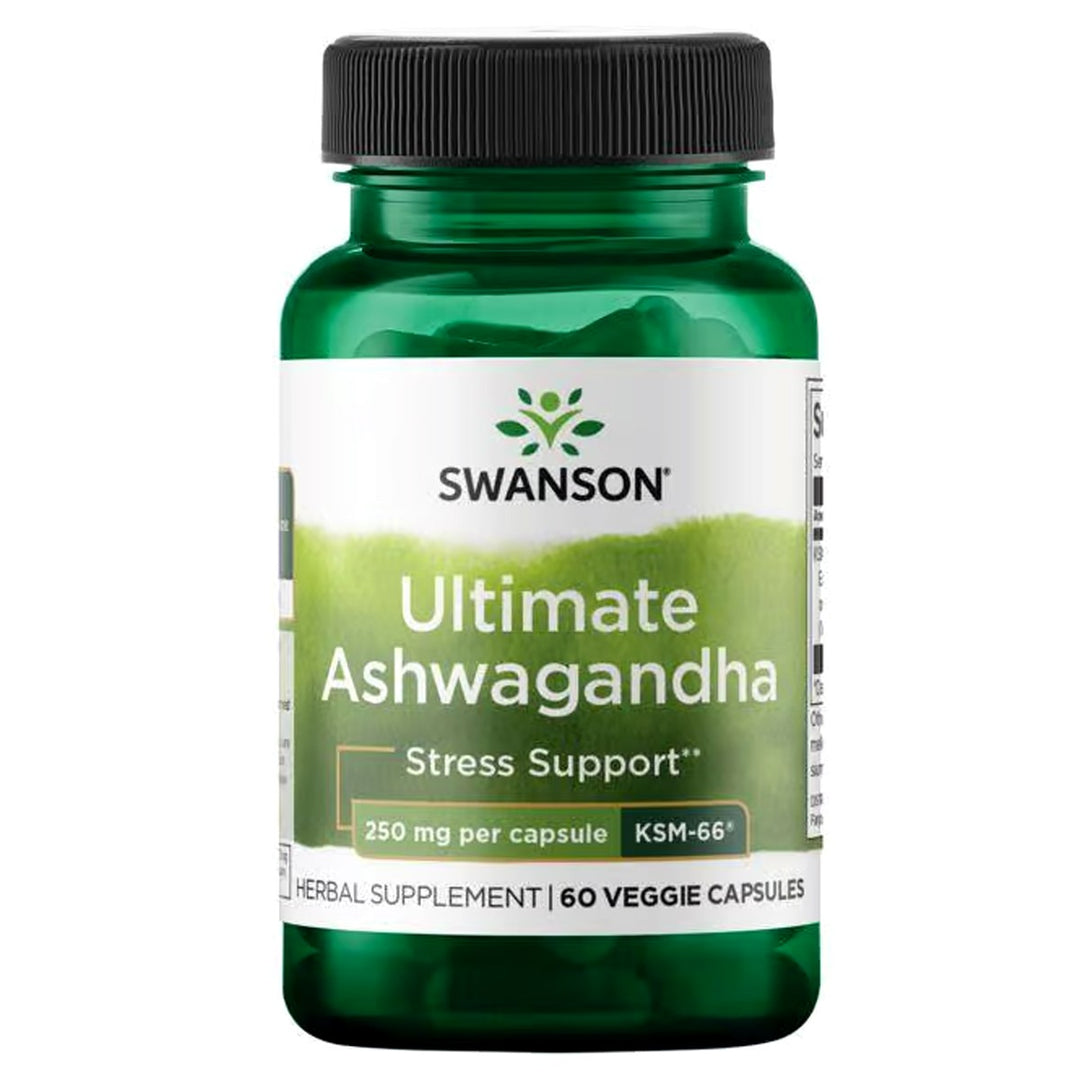
Swanson Ashwagandha KSM-66 250 mg – 60 Veg Caps
€ 17.45 EUR
Regular price
€ 18.95 EUR
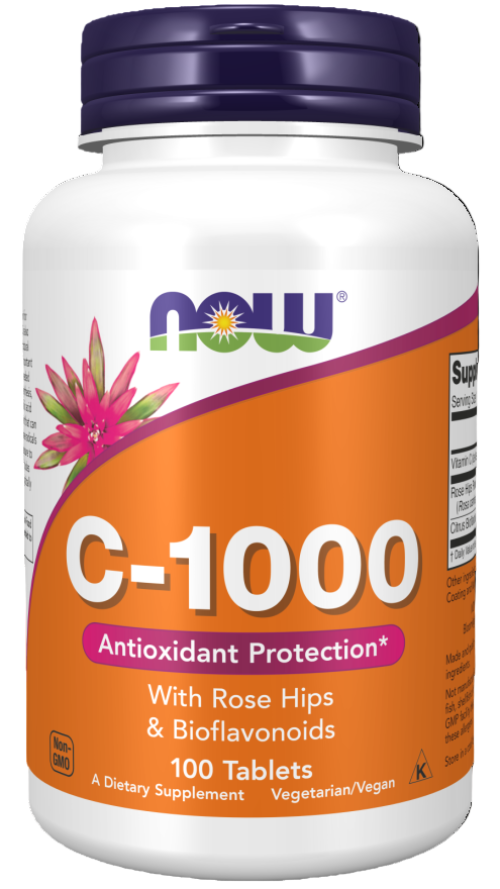
Now Foods Vitamin C-1000 with Rose Hips & Bioflavonoids 1000mg 100 Tabs
€ 17.95 EUR
Regular price
€ 18.95 EUR
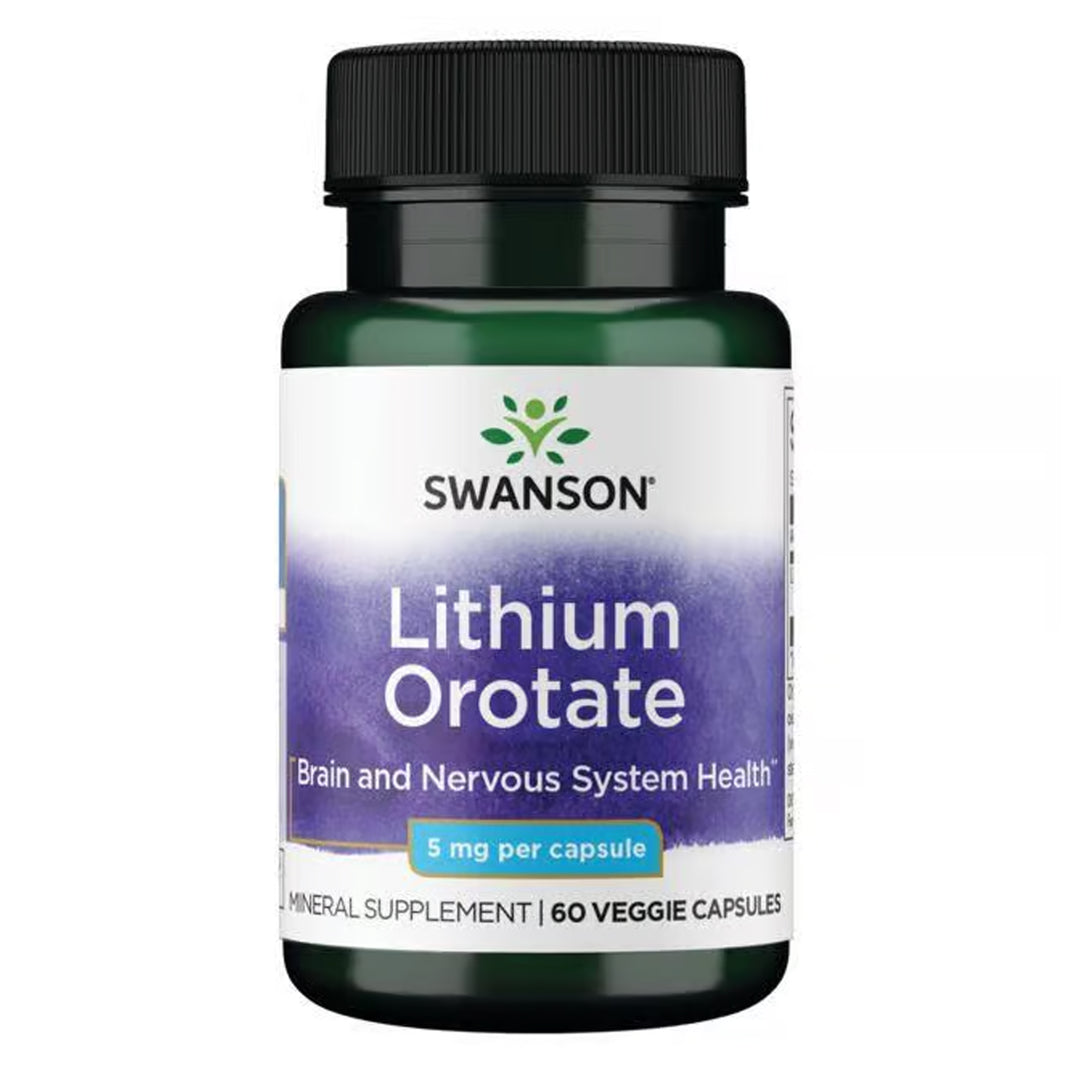
Swanson Lithium Orotate 5mg - 60 Caps
€ 15.45 EUR
Regular price
€ 16.95 EUR
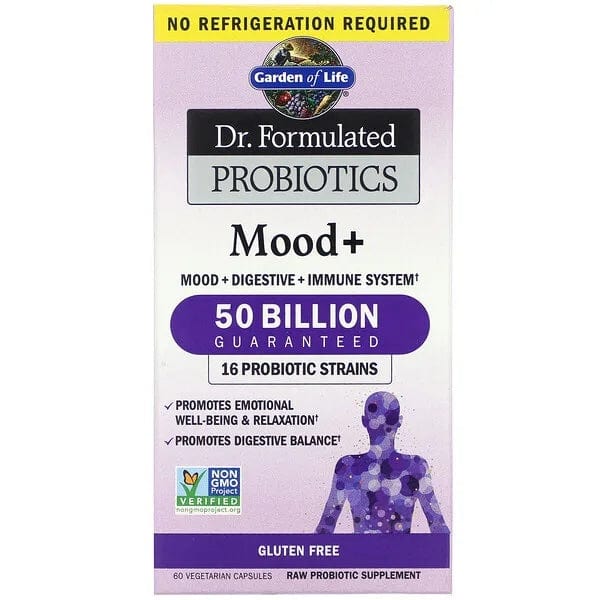
Garden of Life Microbiome Mood+ 60 Capsules – Probiotic & Ashwagandha
€ 49.95 EUR
Regular price
€ 54.95 EUR
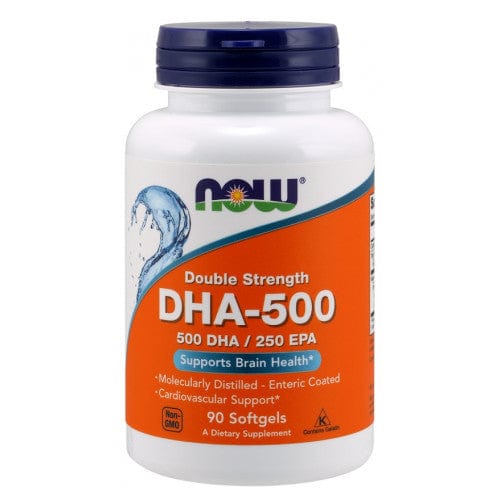
NOW Foods DHA-500 / EPA-250 – 90/180 Softgels
From
€ 32.95 EUR
Regular price
€ 34.95 EUR
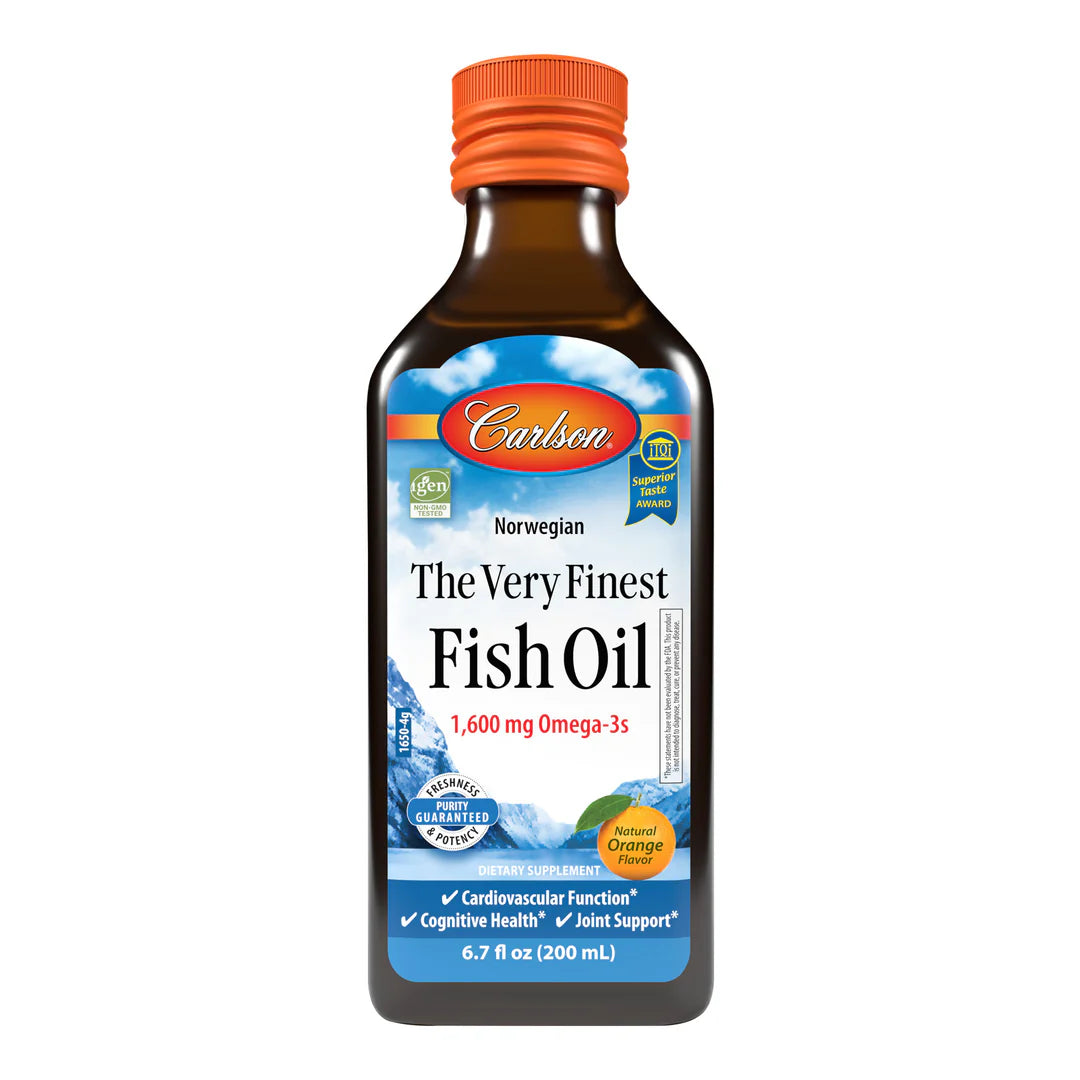
Carlson Very Finest Fish Oil – Natural Orange 500 ml | Probiotic.ie
€ 54.50 EUR
Regular price
€ 59.95 EUR
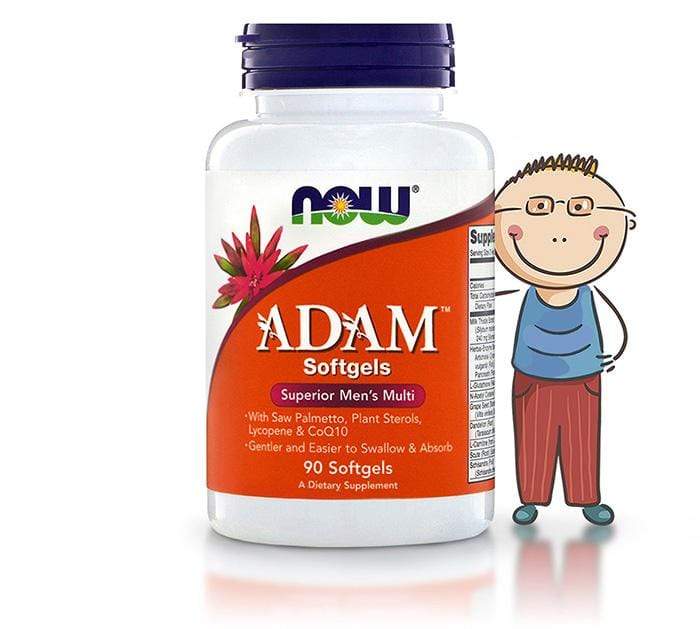
Now Foods Adam Superior Men’s Multi-Vitamin – 90 Softgels | Ireland
€ 32.50 EUR
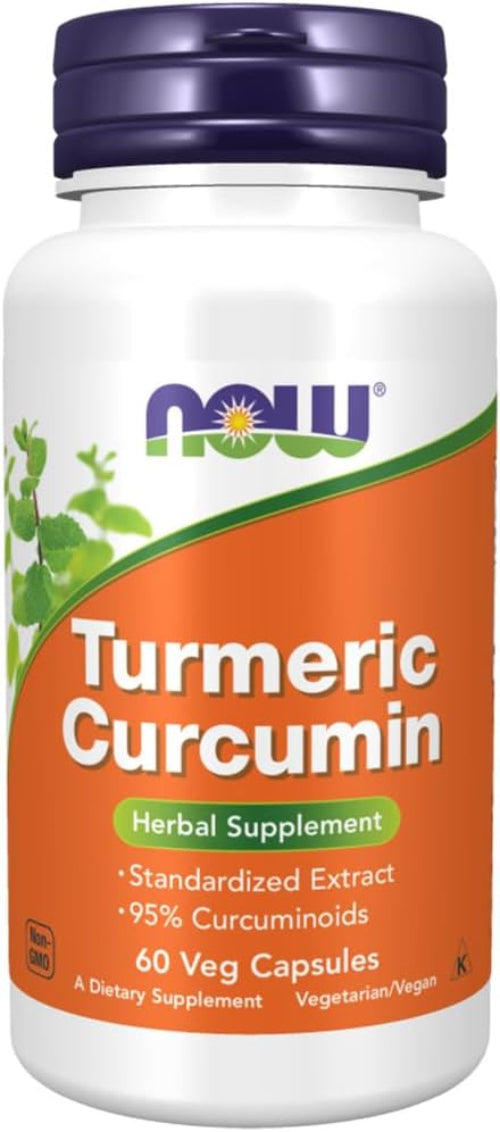
NOW Foods Turmeric Curcumin 665mg – 60 Vegan Capsules
€ 29.95 EUR
